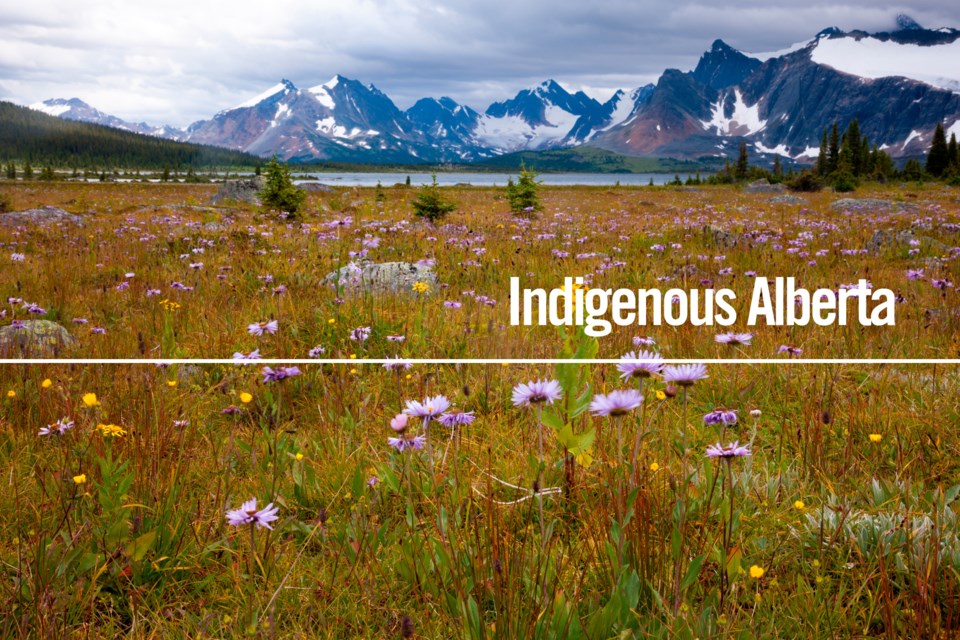Indigenous leaders worry about how losing cultural gatherings this past year is impacting the mental health of their communities, as well as opportunities to celebrate their culture.
Chief Allan Adam of Athabasca Chipewyan First Nation (ACFN), and board president of the Athabasca Tribal Council (ATC), said losing cultural gatherings is one of many factors hurting mental health in Fort Chipewyan. The community usually hosts seven cultural events annually that bring people together.
“You’re really starting to see the social impacts of not gathering. People are wandering around feeling lost and isolated,” said Adam. “Cultural activities keep people together.”
Just like everyone else in Fort Chipewyan, Adam usually looks forward to Treaty Days every year. The event marks the signing of Treaty 8 between First Nations and the Crown on June 21, 1899.
Signatory First Nations mark the days with gatherings and cultural events that not only bring the community together, but also offer opportunities to show off their culture and communities to outsiders.
Métis communities also host similar events every spring. Métis Days, hosted by McMurray Métis, not only brings members together, but local schools and the public are invited to attend and learn about Métis culture. The Local also held a First Nation, Metis and Inuit Festival in June 2019.
Just before the pandemic in September 2019, the ATC held a three-day festival at the Snye celebrating the Indigenous culture of the Fort McMurray Wood Buffalo area. More than 20 workshops and seminars on Indigenous traditions, art and food were held. Dozens of performers, dancers and artists were featured.
“Some stories from elders that are now gone would teach us about who we are,” said Adam. “When you gather and share stories, you get an idea of where we come from and we’re going to go in life.”
Shirley Jensen-Klassen, a member of Fort McMurray #468 First Nation (FMFN468), said Treaty Days gave her opportunities to reconnect with her culture. Jensen-Klassen and her nine siblings are victims of the Sixties Scoop, which saw Indigenous children taken from their families at a young age.
During the last three years, Jensen-Klassen has started reclaiming her Indigenous identity through cultural gatherings, beadwork and learning the land’s history. Her first time dancing at a powwow was an emotional experience.
“I just started crying because I remembered by grandparents and I was thinking about how my mom would be so proud,” said Jensen-Klassen. “All her five daughters were dancing.”
Like most gatherings during the pandemic, Jensen-Klassen has turned to the Internet for cultural events. She is currently taking classes on wellness, drum and rattle making, and sewing.
Virtual powwows have become popular with dancers. Through a Facebook page called Social Distance Powwow, more than 236,000 people have connected and hold virtual powwows.
James Cardinal, Region 1 president of the Métis Nation of Alberta, frequently performs with his band—the Nicely Put Together Band—at events like Fort McKay’s Treaty Days and McMurray Métis events. When in-person gatherings are safe again, Cardinal looks forward to the friendship he feels at cultural gatherings.
“I go and mingle with people, and I sit and talk with them about what’s going in their day,” said Cardinal. “I can sing at home every day, but meeting people and talking with people is something I really miss.”
Sarah Williscraft, Local Journalism Initiative Reporter
Read more from Fort McMurray Today



